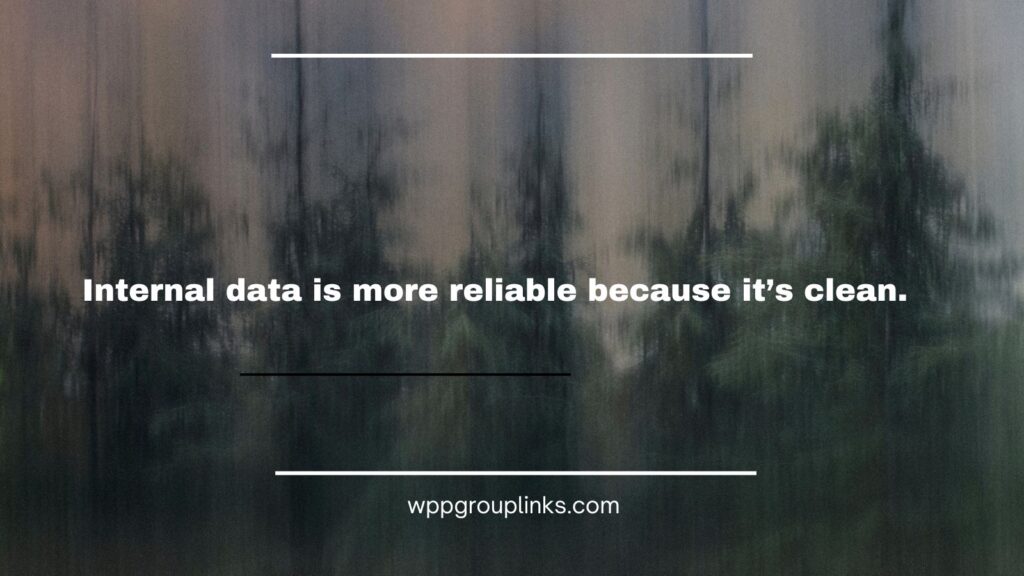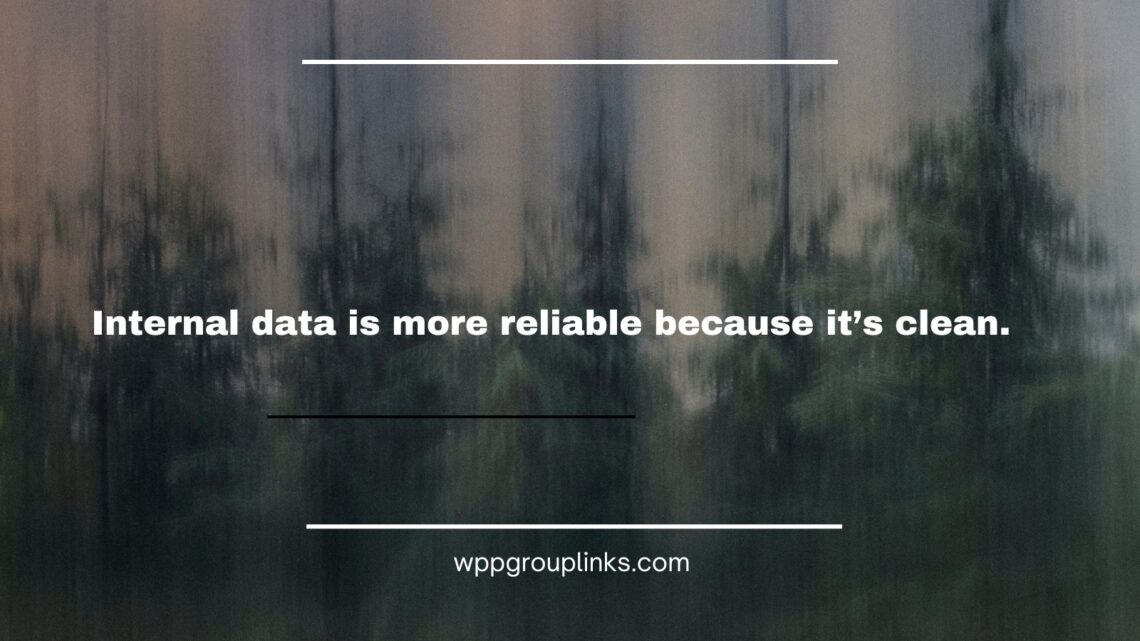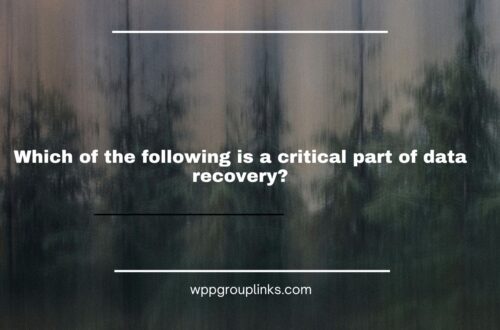
Q: Internal data is more reliable because it’s clean.
or
Q: Because internal data is clean, it is more dependable.
- True
- False
Explanation: Internal data may offer benefits in terms of accessibility and familiarity; nevertheless, the notion that it is more trustworthy just because it is internal or clean is not always accurate. Internal data may have advantages related to familiarity and accessibility. The dependability of data is contingent upon several elements, such as the method by which the data is collected, the procedures that are followed for data management, and the environment in which the data is used.
If appropriate data quality standards are in place and a well-established data governance system is in place, then the data that is collected internally may be considered credible. Nevertheless, it is of the utmost importance to acknowledge that data, regardless of whether it is internal or external, might be subject to problems such as mistakes, biases, or inconsistencies. It is the quality assurance procedures that are used throughout the data collecting, storage, and analysis processes that affect the dependability of the data.
When validating and verifying the trustworthiness of data sources, it is essential to take into consideration aspects such as correctness, completeness, and consistency. This applies to both internal and external data sources. The methods of data cleansing, verification, and validation are essential measures that must be taken to guarantee the dependability of the data that is used for assessment or decision-making.





